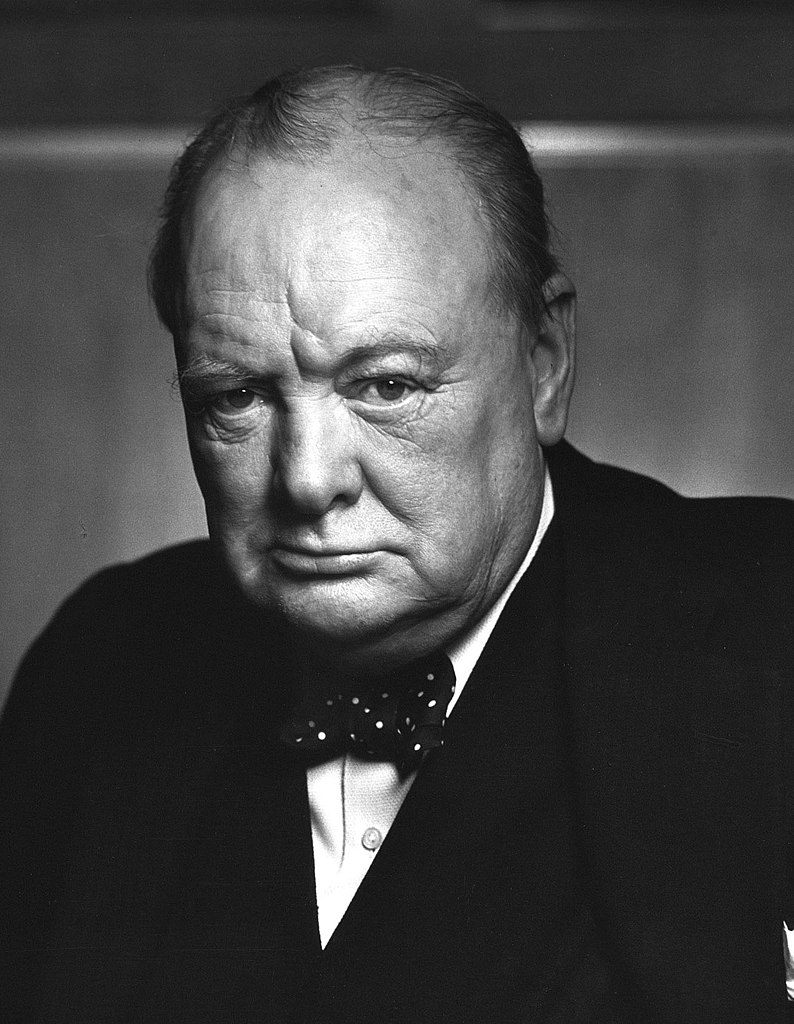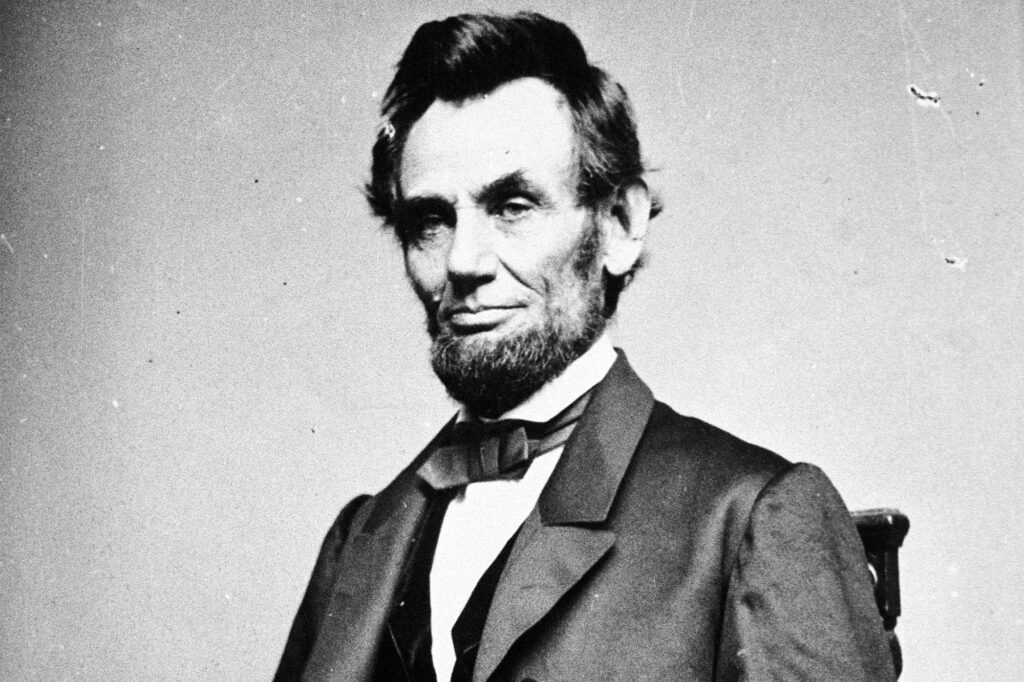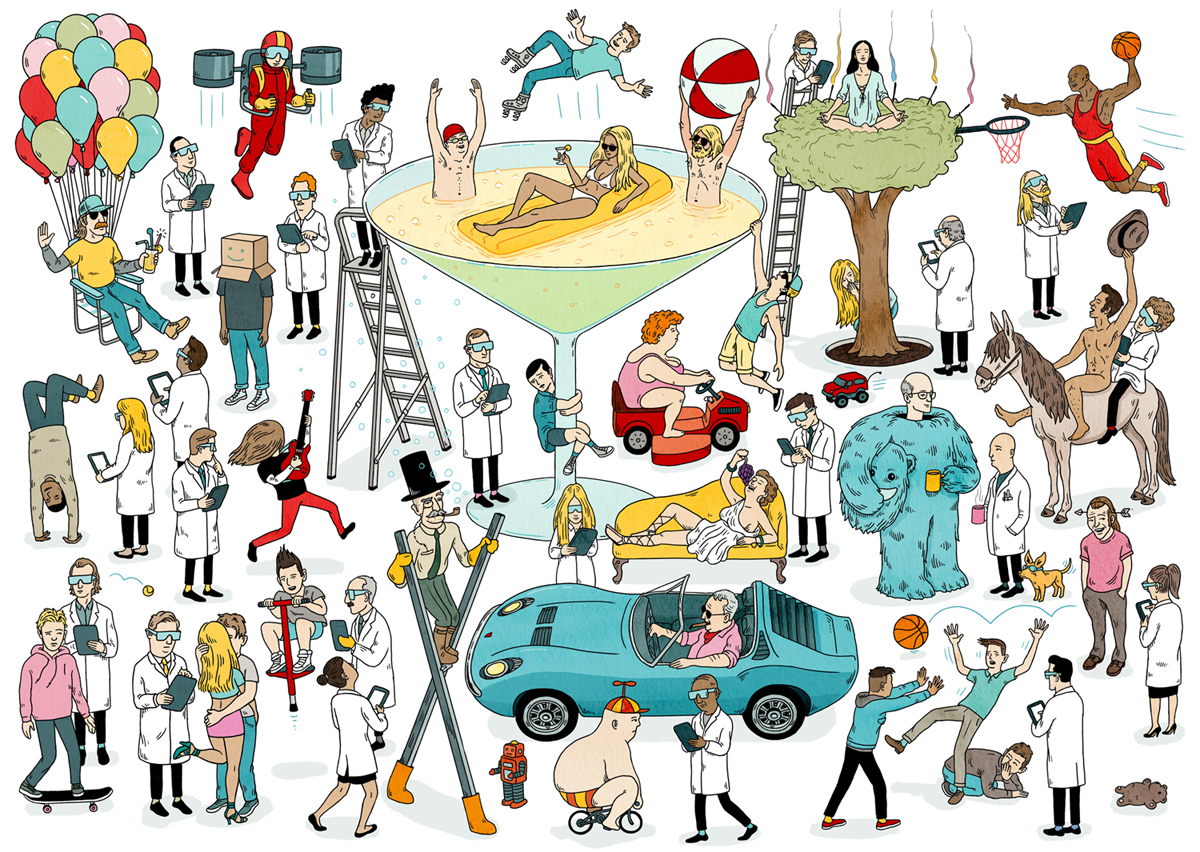INTUITION: VOICE WITHIN YOU, LISTEN TO IT!
Throughout the history of mankind Intuition has helped statesmen to take vital decisions shaping the destinies of their citizens while it has guided entrepreneurs to be successful in their businesses.
One day Charles Kemmons Wilson (1913-2003), born in Osceola, Arkansas, United States, was making a family trip to Washington D. C. and the quality of the roadside hotels of the time was not to his liking. Wilson, therefore, was determined to start his own chain of hotels. The profits he had amassed from his investments in the property sector helped him realise his dream. The name Holiday Inn was proposed jokingly by his architect Eddie Bluestein, referring to the 1942 American musical film by the same name.
It is said that Wilson, while choosing the ideal spot for his hotels, could “smell” the site and then decide. On certain occasions he would reject his sites because they gave out a foul smell. Whenever a particular site gave out a pleasant odour, he would not hesitate to choose it. This strong “Intuition” or voice within him guided Wilson, Chairman of Holiday Inns, Inc., to make the best choice of a site. By 1972 there were more than 1,400 Holiday Inn hotels worldwide.
In 1969 Herbert Raiffe became the president of a company producing toys. In 1971 he had an Intuition that there would be a great demand for toy pandas in the not too distant future. He listened to this hidden voice and spent no time in heeding the advice. His factory employees were ordered to produce toy pandas in large numbers. In 1972 the U. S. President Richard Nixon visited China and the government of that country gave him two giant panda bears by the names of Ling-Ling and Hsing-Hsing as part of its panda diplomacy: practice of sending giant pandas from China to other countries as a tool of diplomacy. When Nixon returned with the gift of two toy pandas, the demand for these stuffed animals rose overnight as Raiffe had anticipated without any reason for justifying it. But, meeting the demand, posed no problem for Raiffe, for he was already well-prepared for that. His factory earned very large profits.

Sir Winston Leonard Spencer Churchill (1874-1965), a British Prime Minister, had invited three ministers to a dinner during the Second World War. While the dinner was being served, he had an Intuition. Going to the kitchen immediately, he instructed the butler and the maid, who were cooking the food, to vacate the kitchen. Within less than five minutes, a bomb fell at the back of the house, destroying the kitchen totally. As they had managed to go to a shelter in time, all were saved. This is just one case of this great statesman obeying his inner voice without thinking twice which had helped him much during his political career.
Abraham Lincoln (1809-1865), a U. S. President, was also a statesman who was guided by his Intuitive powers that motivated him to take the historic decision of abolishing slavery in his country.
Others who followed the commands of their Intuition include William Crapo Durant (1861-1947), the founder of General Motors; Conrad Nicholson Hilton (1887-1979), the international hotel magnate who founded the chain of Hilton Hotels; and Chester Floyd Carlson (1906-1968), the American physicist and inventor of photocopying technique. [Carlson believed in psychic phenomena and left a posthumous sum of $ 1,000,000 to the University of Virginia for research into reincarnation carried out by Ian Pretyman Stevenson (1918-2007), the Canadian-born American psychiatrist.]
Franklin Delano Roosevelt (1882-1945), another U. S. President and Sarvepalli Radhakrishnan (1888-1975), the second President of India, are also said to have relied on their Intuition. Benjamin Franklin Fairless (1890-1962), a president of American steel companies, once said that while we obeyed our Intuition, we did not know how we did it; we just did it.
Not only the prominent politicians and business tycoons, but the ordinary people too in their day-to-day life, have been guided by this hidden voice. Thomas, though educated, was jobless. He had a loving and understanding wife who felt in a flash that their financial problems could be solved if her husband met one of his intimate friends. Thomas obeyed her wife’s advice and when he boarded the train to meet his friend, a voice spoke to him, saying that his problems would be solved soon. On meeting the friend, Thomas found that another gentleman too had come to see his friend, looking for an office assistant. Thomas’ educational qualifications ideally met the requirements of the gentleman. Thomas was offered the job. Such personal experiences are galore in our lives too!

Perhaps Intuition is a dormant ability that emerges automatically, pointing out to a certain direction to be adopted, without recourse to conscious reasoning. So far it has eluded a rational explanation and hence, it is beyond the realm of scientific experimentation. Intuition is available to almost all human beings at all times though the extent to which this power is present in us may vary. When you are assailed with anxiety or under stress with no solution in sight to your problems, a certain idea flashes through your mind, advising you to take a particular stand. What is comforting to know is that Intuition never misleads or deceives you and it always works in your favour, aiming at your total well-being. If you ignore this inner voice, it will grow weaker and cease to guide you in the proper direction. Businessmen use it continuously and pile up enormous profits yearly. The doctors and lawyers too are supposed to be governed by the advice given by Intuition.
Intuition belongs to the realm of extrasensory perception or ESP, also called the sixth sense and it is the perception of external events without the use of the five senses. The term was adopted by Joseph Banks Rhine (1895-1980), the Duke University psychologist to define alleged paranormal phenomena and faculties such as intuition, telepathy, clairvoyance, clairaudience, psychometry, apparitions, mediumship, synchronicity, telekinesis, near-death experiences, precognition or retrocognition. Rhine, also an American botanist, founded parapsychology (considered to be pseudoscience and rejected by most mainstream scientists) as a branch of psychology.
However, the Austrian neurologist Sigmund Freud (1856-1939), the founder of psychoanalysis, asserted that one can acquire knowledge only through the intellectual manipulation of carefully made observations and rejected any other means of attaining knowledge such as Intuition. But Carl Gustav Jung (1875-1961), the Swiss psychiatrist and psychoanalyst who founded analytical psychology, claimed that Intuition is an “irrational function”, opposed most directly by sensation. He defined Intuition as “perception via the unconscious”.
Sri Aurobindo (1872-1950), an Indian philosopher, sage and yogi, said that Intuition falls under the realms of knowledge by identity that can be extended further to outside of ourselves resulting in Intuitive knowledge. According to Sri Paramahansa Yogananda (1893-1952), the self-realised Indian yogi and guru, the Intuitive power, that remains uncultured within us, can be developed by learning step-by-step methods of yoga and deep meditation that lead to self-realisation.
Buddhism finds Intuition to be a faculty in the mind of immediate knowledge and puts the term Intuition beyond the mental process of conscious thinking, as the conscious thought cannot necessarily access subconscious information. In Zen Buddhism, a school of Mahayana Buddhism from China, various techniques have been developed to boost Intuitive capabilities. This form of Buddhism considers Intuition a mental state between the Universal mind and one’s individual mind.
Islam has various schools of thought with varied interpretations of Intuition. This religion relates Intuitive knowledge to prophethood. The Persian philosopher Sihab al Din-al Suhrawadi (1154-1191) thinks that Intuition is knowledge gained through illumination and it is mystical in nature. Ibn Sina, a Persian polymath and writer, finds the ability of having Intuition as a “prophetic capacity” and describes it as knowledge acquired without intentionally obtaining it. He opines that regular knowledge is based on imitation while Intuitive knowledge is based on intellectual certitude.
The Athenian philosopher Plato (428-348 BC) defined Intuition as a fundamental capacity of human reason to grasp the true nature of reality. He described Intuition as a pre-existing knowledge that dwells in the “soul of eternity” and a phenomenon by which one becomes conscious of pre-existing knowledge. As an example, Plato cited mathematical truths and posited that they are not arrived at by reason. The Greek savant argued that these truths are accessed via knowledge already present in a dormant form and accessible to our Intuitive capacity.
Finally, the German philosopher Immanuel Kant (1724-1804) held the view that our mind casts all of our external Intuitions in the form of space while all of our internal Intuitions (memory, thought) in the form of time. ***





